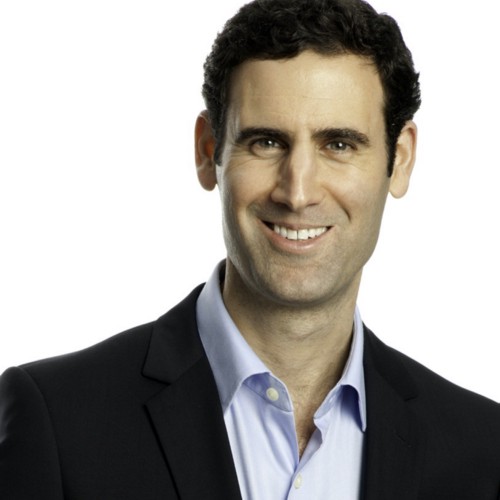Most people have something that gnaws at them at night, a problem or unrealized dream somewhere in their lives that causes them to feel incomplete, dissatisfied, and unhappy. For them, happiness feels unattainable and elusive. However, addressing and conquering their fears helps them to achieve what they once thought was impossible and this leads to the awareness that happiness is within closer reach and can be achieved by making some simple changes.
Below are the habits of happy people that I’ve gleaned from some of the happiest people I know, as well as former patients who have gone on to lead fulfilling and satisfying lives. By incorporating just one of these you’ll be on your path towards happiness and it might not seem so elusive.
- Maintain a positive and optimistic outlook. Encountering negative events in life is normal. Understand that they don’t define you; do your best to find the silver lining, and counter negative thoughts with positive ones. Change the way you think. Nix your negative thinking and see problems as challenges and opportunities to learn something new. Think what’s possible, not what’s impossible.
- Focus on what you can control. So many people worry about what is beyond their control. “What if I get a dreadful disease?” or “What if I lose my job?” are two of the most common anxiety-filled statements I hear from patients. This exhaustive thinking saps people of any energy to be positive and happy. Next time you catch yourself thinking this way, turn it around and think about what you can control. Take action rather than being a victim of circumstance and your own negative thinking. For the two examples above, one has control over leading a healthy lifestyle to prevent bad health, and working hard and reviewing performance with their supervisor to ensure job security.
- Surround yourself with happy people. Happy people tend to be supportive, warm, and giving. These qualities will encourage you to be happy too. Conversely, hanging out with miserable and unhappy people will weigh you down and won’t allow you to focus on your own well-being and goals.
- Enjoy your work. Most people spend one-third of their day working. Those who enjoy their jobs and find it stimulating and meaningful look forward to going to work every day rather than dreading it. Find a career that will allow you to do the same and pay the bills.
- Have a life outside of work and change how you view money. That’s right, be less focused on money and more on time. Many executives have sat on my couch after being handed bad health news. It wasn’t more money that they wanted at the moment, rather it was time. Value it and strike a healthy balance between work and the other parts of your life.
- Give to others. Volunteerism can help stimulate the reward center in the brain and release neurotransmitters such as dopamine, making us feel good. My parents have been volunteering for several years at their local chapter of the National Multiple Sclerosis Society and a friend of mine talks fondly about the years he read to the blind. Both have said that volunteering helps them to feel connected to the community and good about helping those in need. It also helps to put our own issues into perspective and not seem so significant.
- Be flexible. Know that even the best laid plans sometimes don’t always go as hoped. Being able to adjust to change will help prevent disappointment.
- Sleep healthy, eat healthy, and move. Sleep restores vital bodily functions; eating provides nutrients that keep the body and mind functioning; and moving keeps us in shape and releases key endorphins that ease depression and enhance mood.
- Let go of grudges. Holding them allows anger and resentment to fester and prevents happiness from flourishing.
- Pursue dreams and set goals realistically and periodically. Keeping things fresh will allow your brain to remain stimulated.
- Cultivate and nurture social relationships. People derive great pleasure and delight from others.
- Experience life. Do you remember material items you had years ago or things you experienced? My guess is the latter. It’s these that have a lasting place in our memories, not material items. Value them because they’re much more likely to lead to happiness than possessions ever could. Go out there and experience many things: trips, activities, people, classes, learning, food, culture and whatever adventures you can create.
So, next time you find yourself in a funk or are just plain unhappy, get back to basics and learn how to be happy by choosing one item from this list. Remember, small changes can amount to big gains in improving your mood.
You might also like:
Well-Being Declined in Nearly Half of U.S. States in 2017
How I Start and End My Days to Boost Productivity and Happiness
Originally published at www.inc.com


